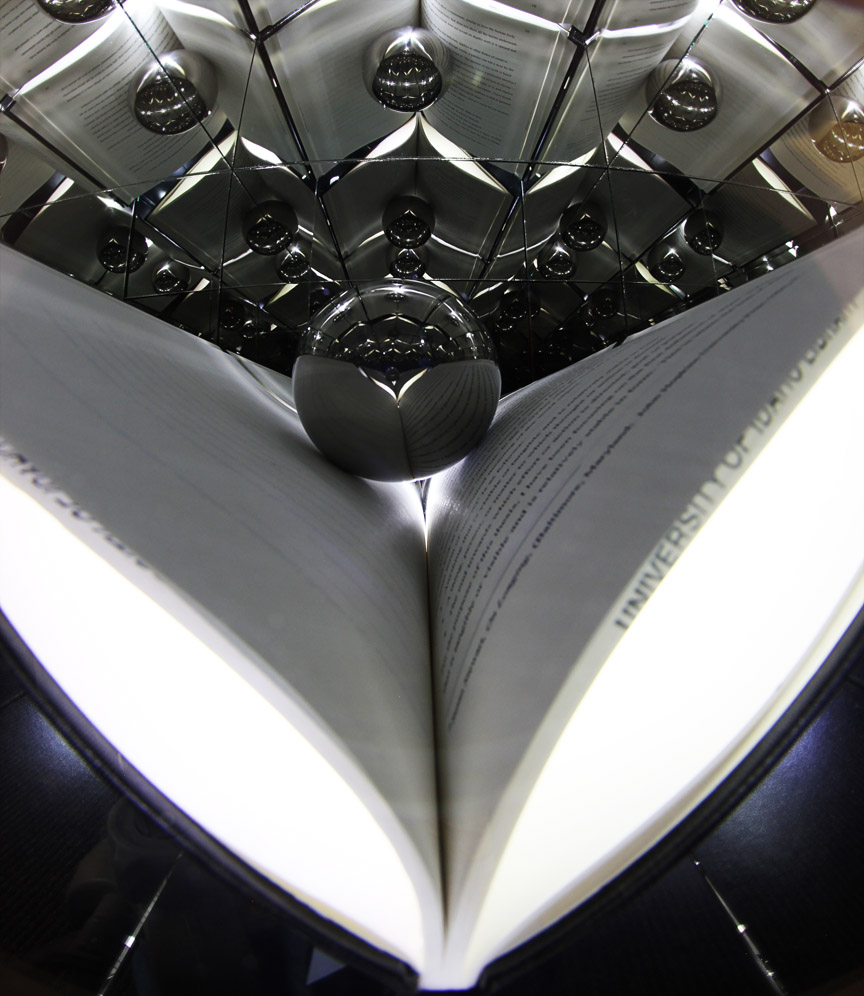Introduction
Welcome to the World of Photography

Photography is more than just a hobby or profession; it’s an art form, a science, and a powerful means of communication. Whether you’re capturing the fleeting beauty of a sunset, the candid smile of a friend, or the intricate details of everyday life, photography allows you to see the world from a unique perspective and share that vision with others.
The Power of Images
An image can convey emotions, tell stories, and preserve moments that might otherwise be forgotten. In our digital age, photographs are more accessible than ever, allowing anyone with a camera or smartphone to document and share their experiences. However, mastering the art of photography requires more than just pressing a button—it involves understanding the principles of composition, lighting, and exposure, as well as developing a keen eye for detail and a creative mindset.
What You Will Learn
This textbook is designed to guide you through the essential skills and techniques needed to become a proficient photographer. Over the course of this book, you will learn how to:
- Understand Your Camera: Get to know the functions and features of your camera, from basic DSLR models to advanced DSLRs and mirrorless systems.
- Control Exposure: Learn how to use aperture, shutter speed, and ISO to achieve the perfect exposure in any lighting condition.
- Harness Light: Explore the different qualities of natural and artificial light, and how to manipulate them to enhance your photographs.
- Master Composition: Discover the rules and guidelines that can help you create visually compelling images, including the rule of thirds, leading lines, and symmetry.
- Color Theory: Understand some of the basic color relationships and how to use them effectively in your images.
- Thinking Creatively: Exercise the creative side of your brain to see the world in a new way and develop creative ways to make your vision into pictures.
- Develop Your Style: Find your unique photographic voice by experimenting with different genres, from landscape and portrait photography to macro and street photography.
The Journey Ahead
Photography is a journey of continual learning and exploration. Each chapter in this textbook is structured to build upon the previous one, providing you with a comprehensive understanding of the fundamentals while encouraging hands-on practice. As you progress, you’ll gain the confidence to experiment and push the boundaries of your creativity.
Get Ready to Capture the World
By the end of this course, you will have the knowledge and skills to take stunning photographs that truly reflect your vision and style. Whether you’re a complete beginner or looking to refine your existing skills, this textbook will be your guide to mastering the art and craft of photography. So, grab your camera, and let’s embark on this exciting journey together.
How to use this book

A Practical Guide
This book is not a page-turner but a step-by-step manual that covers the essentials of photography. Each section contains concise descriptions of different functions and ideas, aimed at helping the aspiring photographer understand the fundamental principles.
Theory and Application
Following each section of theory, you will find practical exercises to apply these concepts. The goal is to provide a straightforward understanding of key photographic principles and techniques without overwhelming you with every detail about photography. This book is about covering the basics, not serving as a comprehensive manual of all things photography.
Learning the Rules
To every rule or principle proposed in this book, you may find an exception—a time when it is best not to use that rule of composition or that color relationship discussed. And that’s okay. Rules are meant to be broken, but before you can venture into the land of “rule-breaking,” it is helpful to know those rules so that you do it intentionally.
A Starting Point
Use this book as a starting point and grow your ideas from here exponentially. Think of it as a foundation upon which you can build your unique style and approach to photography. However, be warned—no amount of reading can replace the most critical part of learning photography: practice.
The Importance of Practice
Don’t let the worry of making the perfect image stop you from taking lots of pictures. Practice, make mistakes, grow, and learn. There are no shortcuts to becoming great at the artistic pursuit of image-making.

Summary
- Concise Descriptions: Each section contains clear and concise explanations of key photographic concepts and functions.
- Practical Exercises: Apply what you learn through step-by-step exercises designed to reinforce the theory.
- Basic Coverage: This book aims to cover the basics, not to be an exhaustive manual.
- Rules and Exceptions: Learn the rules before breaking them intentionally.
- Practice: The most crucial part of learning photography is practice—take lots of pictures and learn from your experiences.

